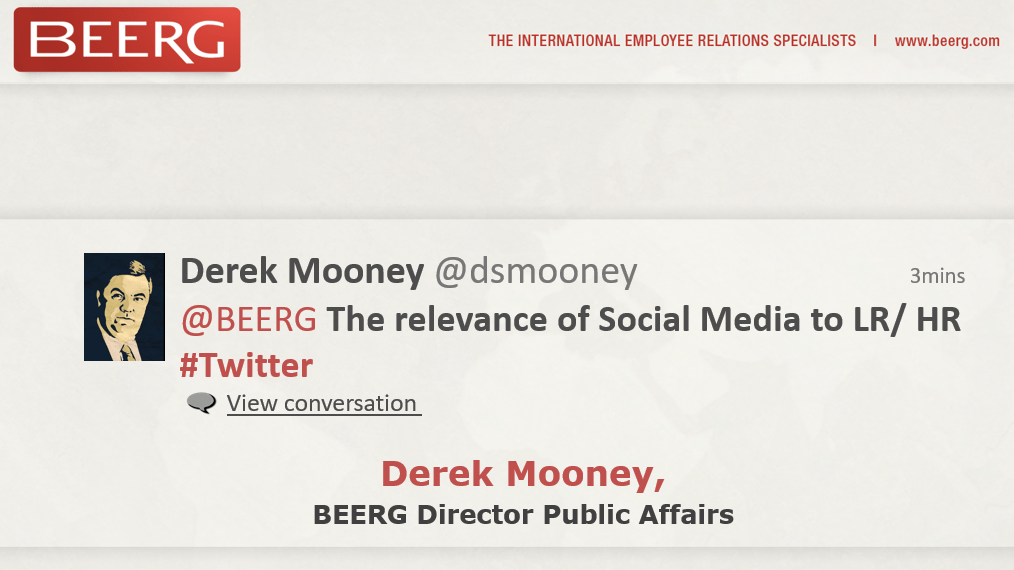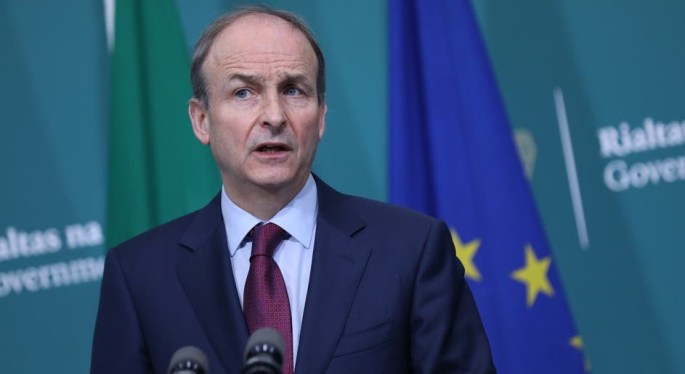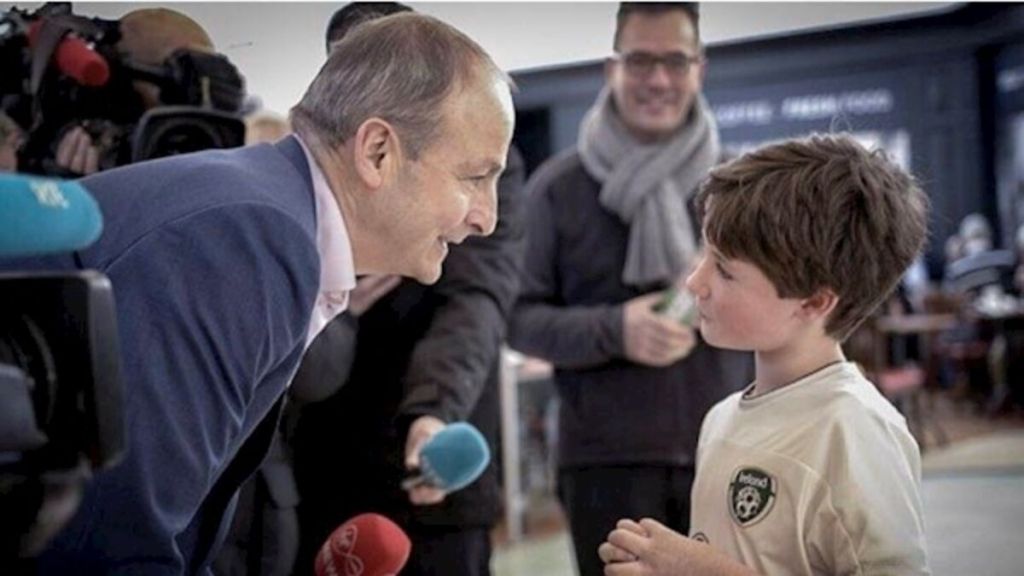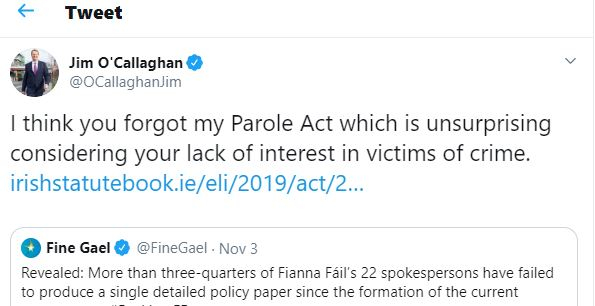This is a short (and very non-political) piece by me about the continuing criticism of MS PowerPoint as a business presentation tool. It appeared in the BEERG Global Newsletter of Sept 9th 2021

Derek Mooney writes: Over the years BEERG has seen very many PowerPoint presentations, not to mention the hundreds it has given, so it was most interested to read this article criticising PowerPoint as a business tool.
The article, which appeared on INC.com at the beginning of August, was itself based on a Harvard study from back in 2017, though it also cites research from as far back as 2007. This rang a bell, as a communications consultant in both the political and business fields I have been reading criticisms of PowerPoint as a presentation tool for over a decade and a half, yet BEERG has been using it at various face-to-face and online meetings and at training programs without any negative feedback.
It occurs to me that the issue is not with PowerPoint itself, but with how some of us use it. Looking back at thousands of presentations that have appeared at various BEERG meetings, it is true that there have been a few horrendous ones, including one deck that contained over 150 slides for a 20-minute slot, plus assorted other decks that either contained slides with text the size of the font you are now reading or were so full of complex and busy charts as to be indecipherable.
Continue reading “Powerpoints: Keep them simple and don’t have the screen too bright”










 As part of the hoopla to mark Leo Varadkar’s first year as Taoiseach, Fine Gael produced a nifty
As part of the hoopla to mark Leo Varadkar’s first year as Taoiseach, Fine Gael produced a nifty  Type #HomeToVote into Google and you will find pages and pages of links to news items from around the globe detailing the stories of thousands of young Irish emigres travelling back to vote at the recent referendum.
Type #HomeToVote into Google and you will find pages and pages of links to news items from around the globe detailing the stories of thousands of young Irish emigres travelling back to vote at the recent referendum.